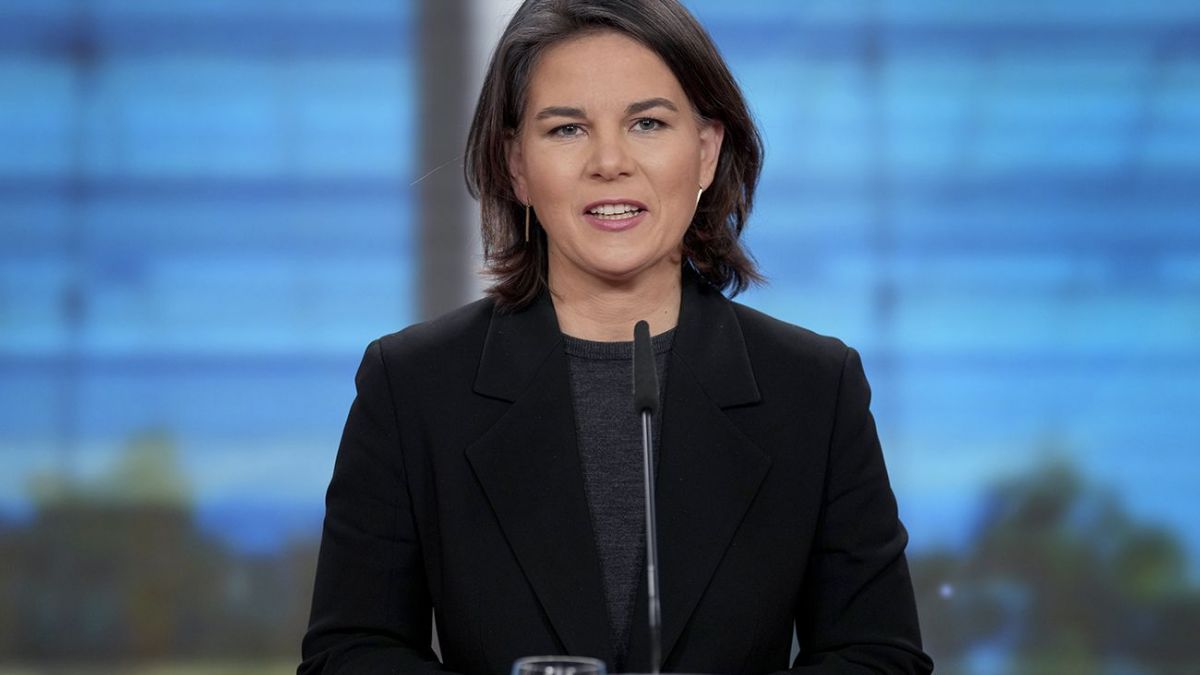From Lisbon to Luhansk

For many observers, Monday’s pictures of EU foreign ministers in Kyiv drove home the message that Europeans have made a clear choice: Europe’s support for Ukraine remains steadfast despite emerging doubts.
Now, it is just a matter of sticking to their guns.
The EU’s chief diplomat Josep Borrell could not have been clearer when he called Russia’s war on Ukraine an “existential threat for Europe.”
Others were quick to follow suit.
“Ukraine’s future lies in the European Union, our community of freedom, and it will soon stretch from Lisbon to Luhansk,” Germany’s Foreign Minister Annalena Baerbock said, referring to Ukraine’s easternmost regional capital, occupied by Russia since 2014.
“It [Ukraine] also broadens its path to the EU with every village, every metre that it liberates, and every metre where it rescues its people, it is also paving its way to the European Union,” she added.
It was an exceptionally clear statement for a German official, especially as some of her predecessors frequently used to reminisce about a political and economic space “from Lisbon to Vladivostok”.
But Russia’s war on Ukraine has drastically redrawn the lines and probably become a point of no return on many different levels, from economy and energy to geopolitics.
Still, despite the message of unity the meeting in the war-torn country was supposed to send, declarations of support alone are no longer enough.
It has become clear that Europe is increasingly worried about what to expect from Washington, but also some of its member states.
The vulnerability of Western support for Ukraine was undoubtedly the elephant in the room on Monday, haunting the shielded meeting corridors in Kyiv.
Europe’s moral choice seems clear in this war, looking at the destruction of cities and villages in Eastern Ukraine or the disturbing evidence documenting Russian war crimes.
The other creeping realisation in recent months is that it is very hard to stop a rogue aggressor who has no shame or conscience.
It might have gone unnoticed, or not, but Russia’s President Vladimir Putin has by now stopped any effort to justify or explain the war.
If he cannot have Ukraine, he is ready to make sure Ukrainians don’t have a country either. As simple as that.
With the war likely to drag on through the coming winter and most likely much longer, Ukraine’s President Volodymyr Zelenskyy could face pressure to come to the negotiating table, both at home and from Kyiv’s Western allies.
“It has been surprisingly quiet these days, our big worry is that Russia is stocking up before winter,” a European diplomat said in Kyiv.
“What everyone seems to think, but not say, is that our ‘whatever it takes’ to support Ukraine could be severely tested in the coming months,” the diplomat added.